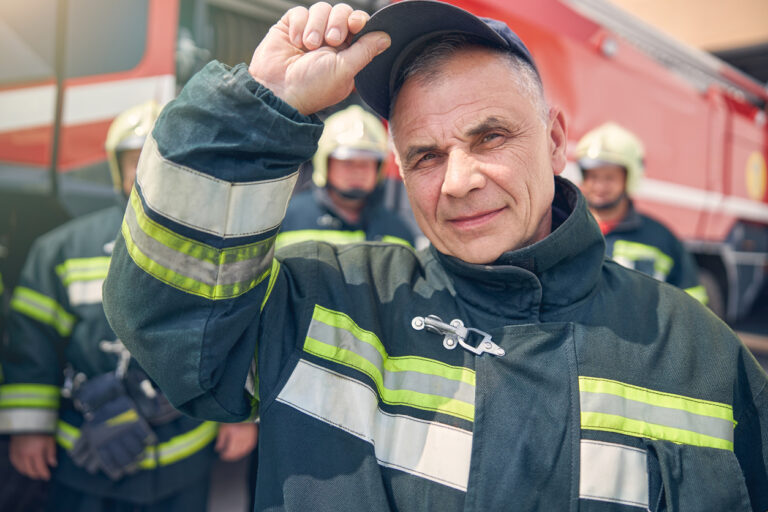Hosing Down the 8 Negative Perceptions of Older Firefighters in the Workplace
It has been well documented that we have an ageing population, and this phenomenon is not unique to Australia but many other developed countries. The proportion of the Australian population aged 65 or more is 15%. Slightly higher figures of have been reported for the USA and UK, with adults 65 plus comprising 18% of their respective populations. Current research suggests that negative beliefs about older staff have increased over the past two decades. Younger colleagues and managers have many misperceptions about their older colleagues. They may see older firefighters as being physically unfit to perform, unable to learn new skills, resistant to change, blocking promotion or organisational opportunities for younger colleagues, and are viewed as generally less effective or prone to being unwell. However, having older staff can provide a fund of knowledge in public safety roles that may sting the self-esteem of many). Drawing from responses from a sample of employees and HR leadership what did they find?
How older fighters are commonly perceived by younger colleagues and managers
Many younger co-workers perceived their older colleagues to be:
- Physically or emotionally unfit to engage in the demanding tasks of fighting fires or rescuing people
- Too old to learn new skills, technology, or equipment
- Resistant to change
- Less committed than their younger peers
- Blocking their path to promotion opportunities
Some managers believed their older staff:
- Were more likely to take time off sick
- Took longer to make decisions
- Were inefficient and less effective
What does this mean?
Well, some perceptions were right, others were not. Research findings suggested that it is feasible that older workers may no longer meet the physical fitness entry requirements for service and neuropsychologists have confirmed that as we age the speed of our decision making reduces (but at a pretty slow decline). However older workers don’t seem to take as many sickies, but when they experience an injury it can take longer to recover. They also are as committed to their work in providing a public service and are often willing to share that knowledge, usually having more operational experience than their younger cohorts. This specialist knowledge often formed the foundation of the cultural and commercial value of older firefighters. Their greater experience includes knowledge about social networks and workplace relationships, organisational knowledge and institutional memory, and knowledge of systems and processes. These form aspects of organisational value that do not require active operational service.
Current research suggests that negative beliefs about older staff have increased over the past two decades, with assumptions made that older workers block the promotion or organisational opportunities for younger colleagues. However, we can see that having older staff can provide a fund of knowledge in public safety roles that cannot be gleaned from a textbook or operational manual. This can be used to help foster and support younger colleagues in the development of their careers and form an integral part in an organisation’s culture. In part II of this series, Common Issues Experienced by Older Firefighters we can gain a better understanding of how we can best support our older workforce assets.
Do you hold (mis)perceptions of your older staff?
Learn how can you best support this valuable and often under-utilised resource in your workplace.
If you are interested in finding out more, then feel free to reach out, we would welcome hearing from you through hello@unearth.com.au
If you have found value in what we have shared, feel free to check out other blogs by the Unearth team and subscribe to our Newsletter.





